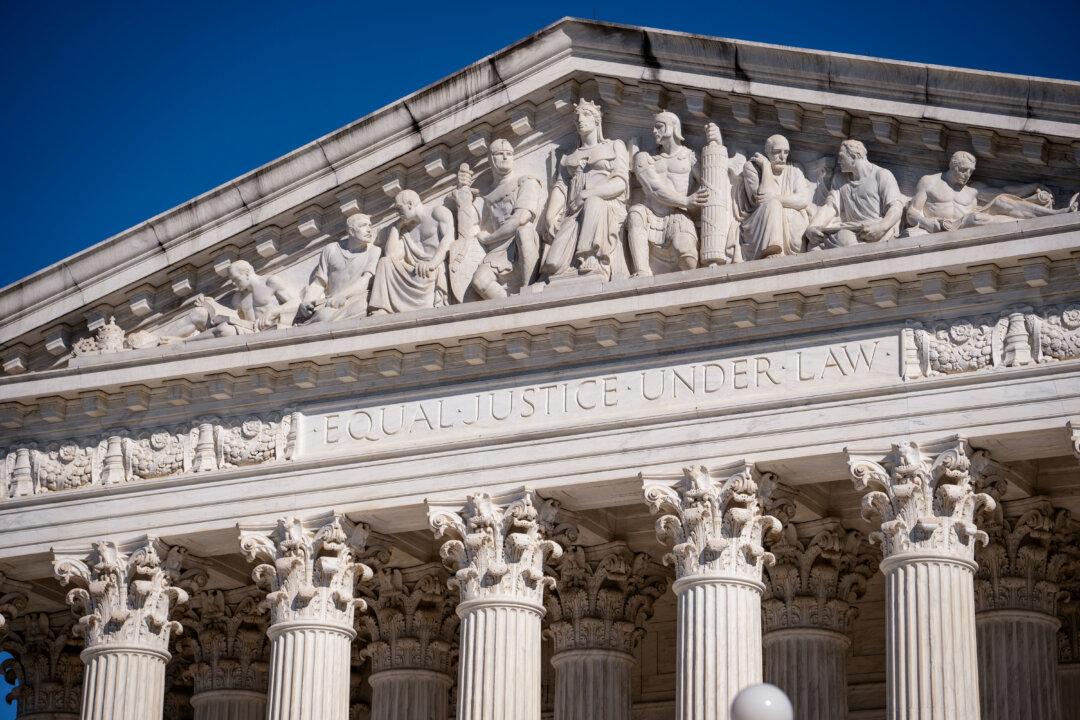The U.S. Supreme Court on Dec. 16 rejected former Trump White House official Peter Navarro’s request to review a lower court order requiring him to surrender presidential records from the first Trump administration.
The court turned down the petition in Navarro v. United States in an unsigned order. The court did not explain its decision. No justices dissented.





